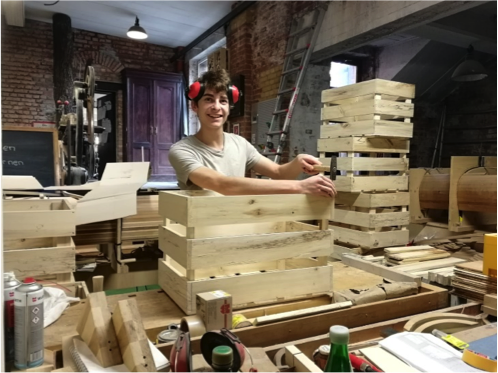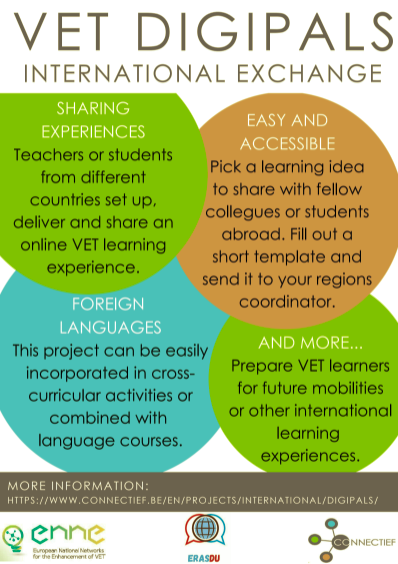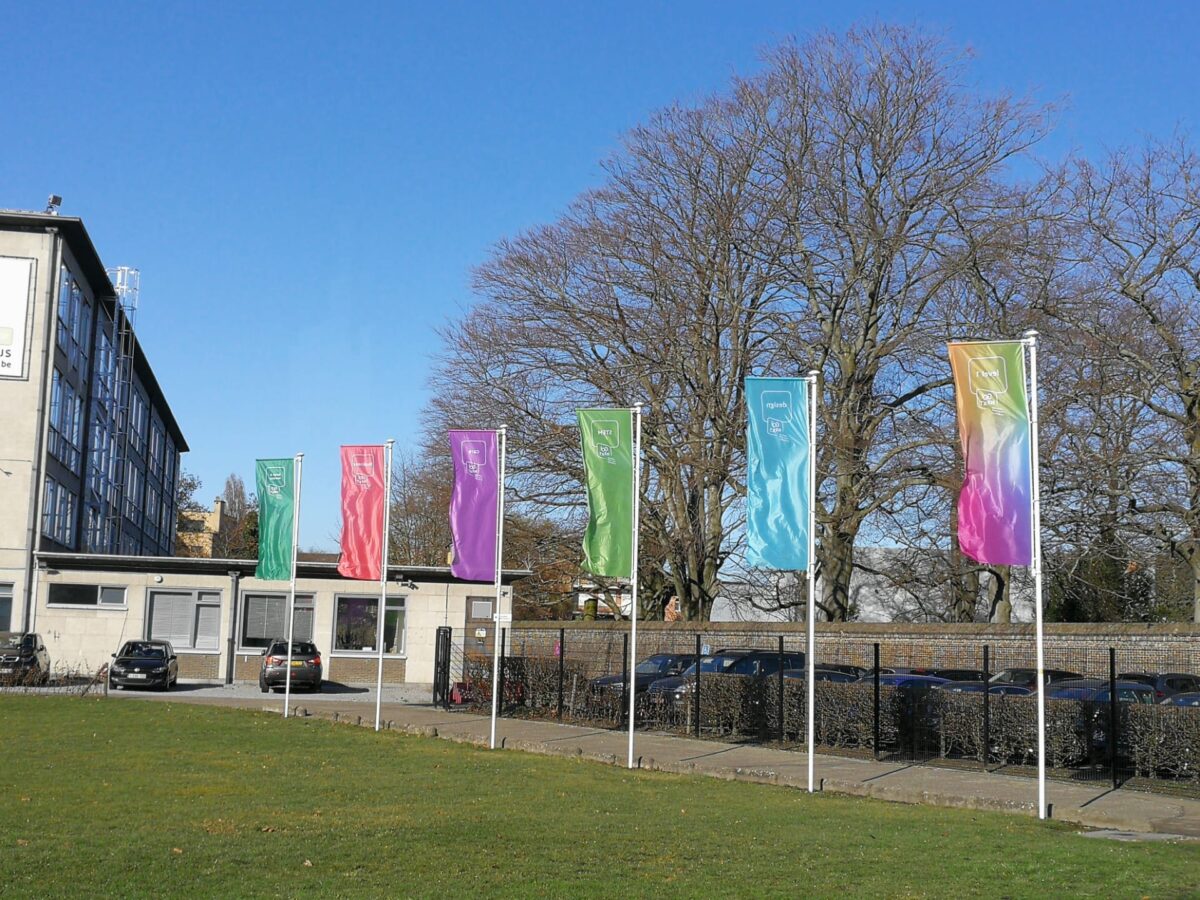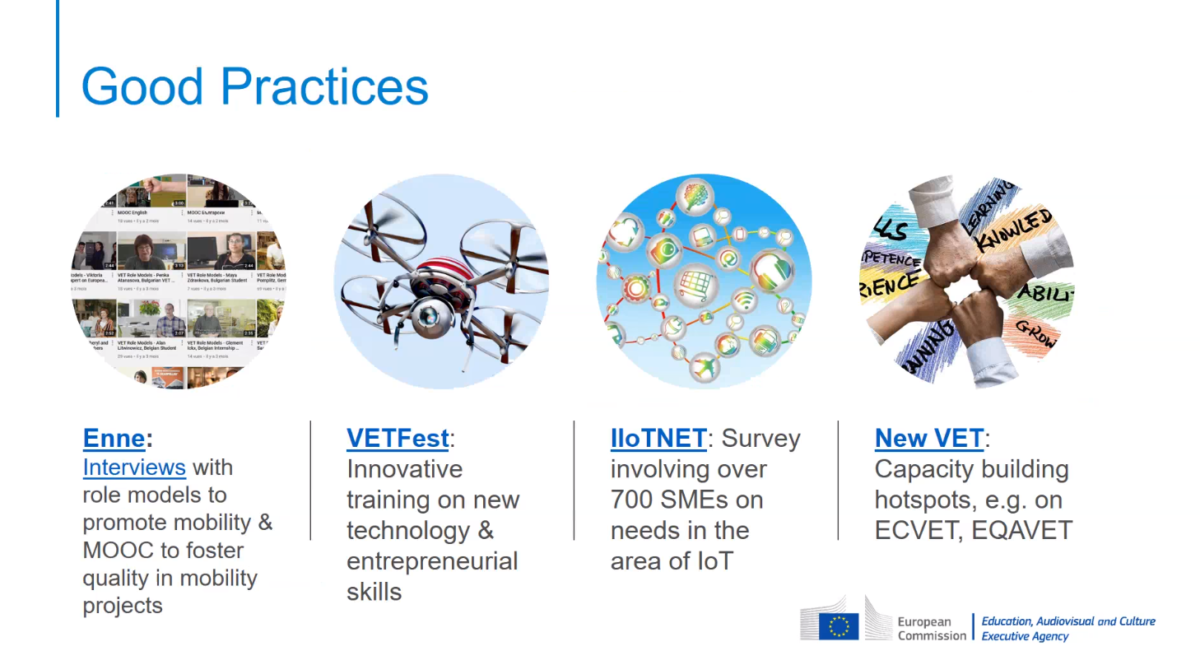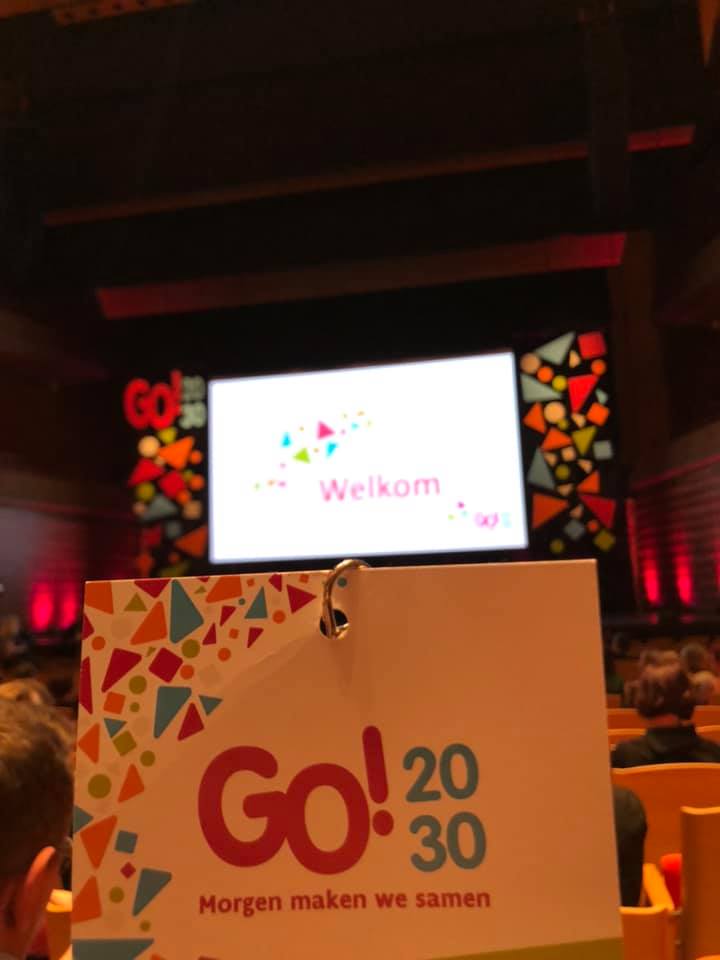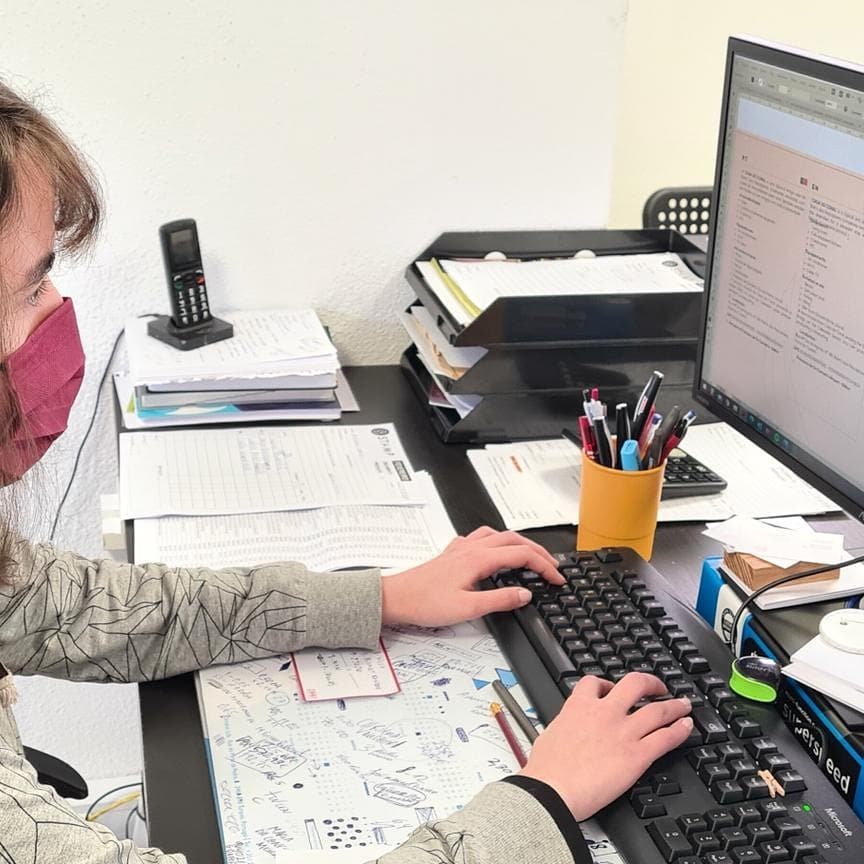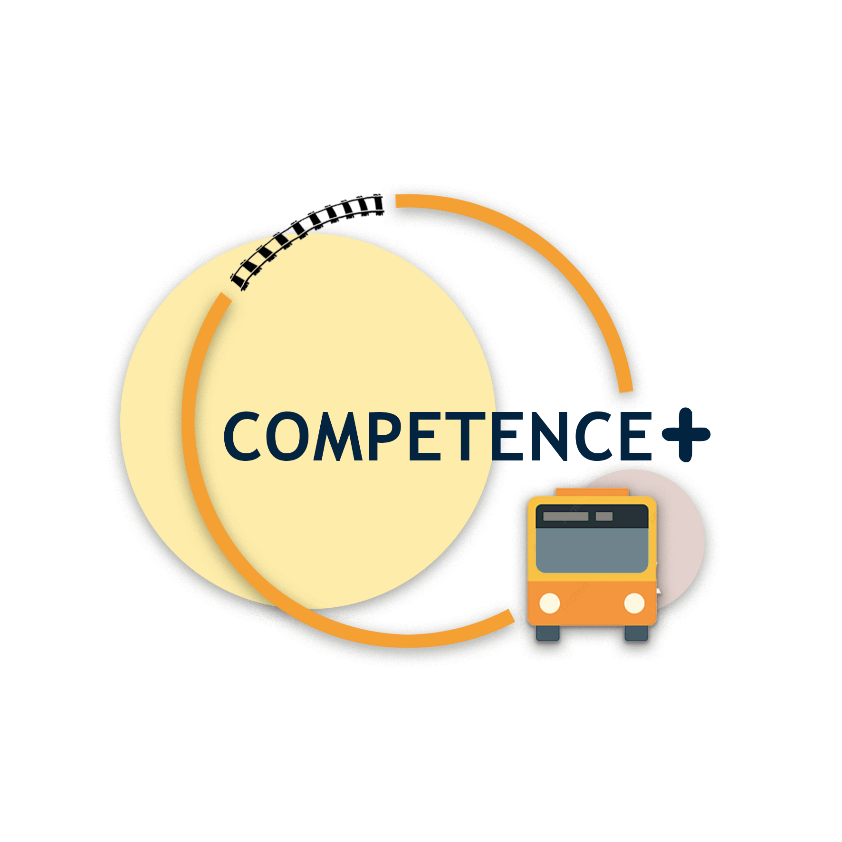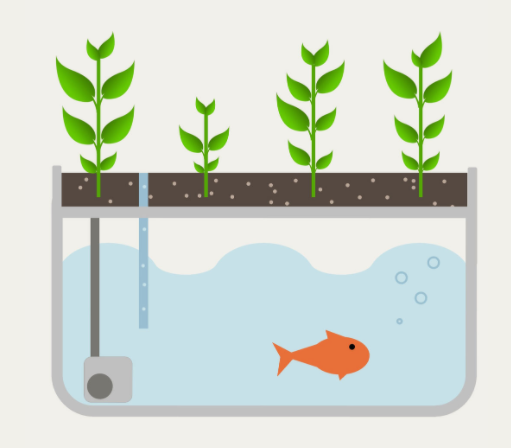“Creating VET business partnerships for WBL” is one of the Erasmus+ projects that Wisamar Bildungsgesellschaft in Leipzig is involved in. The project aims to develop partnerships between vocational schools and companies in North Macedonia, Greece, Turkey, and Bulgaria to offer students of those vocational schools practical placements where they could experience work-based learning.
The vocational education in these countries is still rather theoretical and school-based and the students don’t have an opportunity to train and develop their skills and competences in a real-work environment. On the other hand, in Germany and the Netherlands, two other partner countries involved in the project, a dual system in vocational education is fully established. German and Dutch students spend a large part of their vocational education in their training companies and after finishing their education they often become regular employees of the company.
To share German experience with the dual system, Wisamar is organising training in Leipzig for representatives from each participating organisation that should take place in May 2021, due to the current situation possibly only online. Experts on the dual system will teach the participants how to establish business partnerships and how to train teachers from schools and mentors from the companies to organise practical placements for the students. The practical placements in North Macedonia, Greece, Turkey, and Bulgaria will take place in summer 2021.
Also, together with its partners, Wisamar is creating an online platform that will be used by both the companies and the students. The platform will be a place where the vocational students can promote themselves in front of their future employers with their skills and competencies while the companies can evaluate the work-based learning of the students.
The partner organisation Dutch Foundation of Innovation Welfare 2 Work supports the project by a based learning guide for schools and companies and learning diaries for students. The other partners in this project are the Foundation “Nikola Kljusev” from North Macedonia, Institute of Entrepreneurship Development from Greece, Osmaniye Provincial Directorate of National Education from Turkey, and Horizont ProConsult ltd from Bulgaria. The project runs from October 2020 to March 2022.
